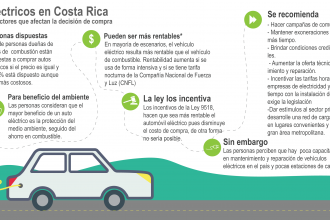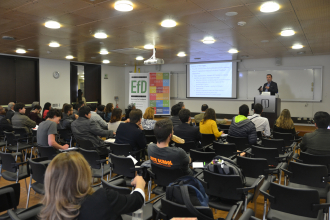An Econometric Approach toward Identifying the Relationship between Vehicular Traffic and Air Quality in Beijing
Earlier studies that evaluated the impact of vehicular emissions on urban air quality often reached mixed conclusions, providing little guidance to city planners seeking solutions to the ever-growing problem of air pollution. In this paper, we combine the strengths of earlier studies with hourly-level data to reexamine the causal relationship between traffic congestion and ambient air quality in Beijing. We find that around 33% to 57% of ambient air pollution in Beijing can be attributed to vehicular emissions.


